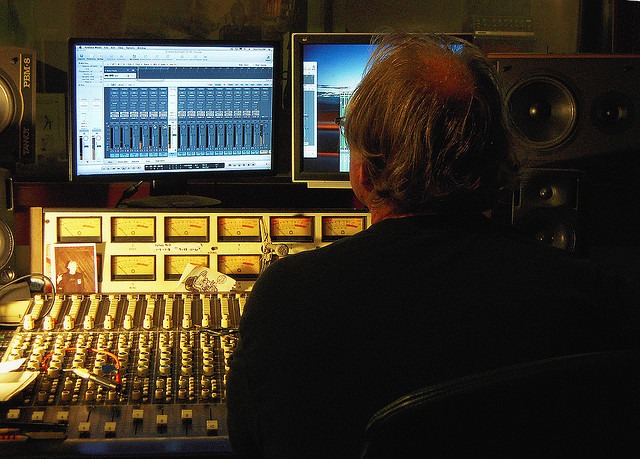The role of the music producer can range from the strictly technical, someone-who-knows-the-studio-equipment to someone who provides musical insight and contributes to the creative process of the recording. Whatever the involvement is, the importance of the producer is reflected by the fact that, in many cases, he/she earns more royalties that any of the performers who played in the record.

All established producers use written contracts now and as with most contracts in the music industry there is no standard deal. For a signed artist, the producer contract is influenced by the terms of the artist’s contract with the record company, so the two contracts must be consistent and correspond.
Unsigned artists may use the representation services of producers who, in exchange of a license on the copyrights in the songs and a cut of future artist’s royalties, will shop around for deals with record labels for a defined period of time. The producer often funds the recordings in this type of arrangement.
A more pro-artist arrangement is one in which artist engages a producer to conduct recording sessions and deliver certain tracks for a fee. The producer may still make efforts to present such compositions to labels with the view of securing a deal. In the event such deal is secured the producer will receive a commission on the advance by the label as well as royalties on future income.
Producer Royalties
Producer royalties usually come out of the artist’s share of royalties rather than being paid by the record company. Producers are paid on points, and each point equates to a percentage of income from recordings they have produced. The more experienced and successful the producer, the more points they will earn and the larger their income will be. A big name producer may ask for 5 or more points on your album, while a new producer may do the work for only a fee and no points at all and no points. Who do you choose?
Now let’s talk about creativity. It may be an elusive spark of genius, but who owns it? Is your producer going to just make sure your recording is made properly, or is he/she going to take an active part in the creation of the final sound? In case of joint ownership of the composition be very clear about this in the producer contract or use a Joint Song-writing Agreement to spell this out.
Using a producer will almost always open the door to another creative force to influence your product and affect the feel and sound of your music. That creativity may not always gel with your own and you may be unhappy with the final result. Personal rapport is also very important. There is no point hiring a hot-shot producer if you can’t stand being the same room. Choose carefully. You deserve the best talent you can afford.
Image Credit: pip_r_lagenta
